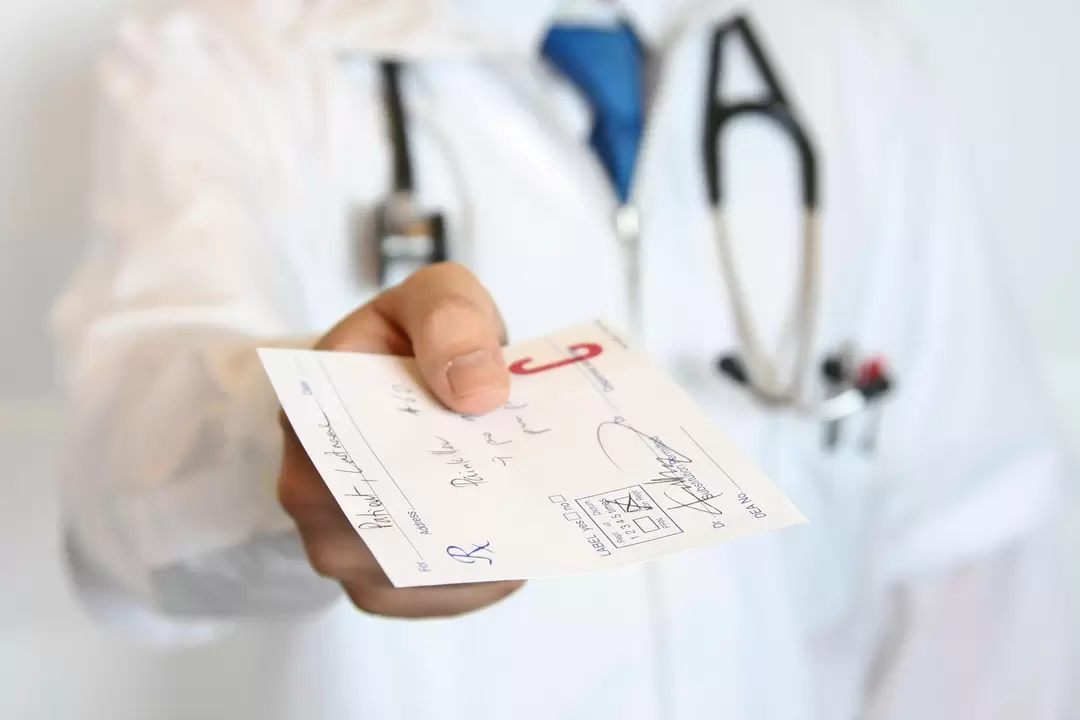Prostatitis is an inflammation of the prostate gland in men. It is provoked by many factors: sedentary, frequent stress, malnutrition. Sexually transmitted diseases also have a negative effect on the male reproductive system. Every second man in the world has to some degree faced problems in the sexual sphere. Treatment of prostatitis in men with medication gives good results and often leads to full recovery.
Basic dosage forms
Despite the severity of the disease, prostatitis responds well to treatment. Prostatitis in men can be treated with drugs with many different dosage forms: tablets, microcrystals, injections. Medicines in the form of rectal suppositories have proven to be particularly good. Different drugs have certain effects on the body, each of which works to its own degree. All medicines are prescribed by a doctor depending on the type and severity of the disease.
Prostatitis is a dangerous disease. It can be latent, smoldering for a long time and then self-report with very unpleasant symptoms. This adversely affects men's health, the quality of sex life is affected.
How to treat prostatitis in men?
In the past, men who were middle-aged or older had prostatitis. However, now the disease is much younger. Many modern drugs help to quickly and definitively treat prostate diseases.
Antibacterial therapy
The drugs commonly prescribed in the treatment of prostatitis are antibacterial. Antibiotics are given as needed to quickly cure an inflamed prostate gland. The most rapidly acting antibiotics are fluoroquinolones and tetracyclines.
Your doctor may also prescribe penicillin. Antibiotics are prescribed depending on the sensitivity of the pathogen in order to precisely act and completely neutralize the pathogen.
Anti-inflammatory drugs to treat prostatitis
Thyroiditis is also treated with anti-inflammatory drugs:
- NSAIDs (non-steroidal anti-inflammatory drugs);
- steroids (hormones).
Non-steroidal drugs are more effective and side effects are minimal.
Non-steroidal anti-inflammatory drugs are recommended to be used very carefully and always under the supervision of a doctor for people with a history of inflammatory diseases of the stomach and duodenum. These drugs are very dangerous for men with stomach ulcers. They can cause ulcers to puncture and bleed.
These drugs should be taken after meals. Apply no more than 5-7 consecutive days. With the ineffectiveness of NSAIDs, hormones are prescribed to treat the inflammatory process in the prostate gland.
They also have contraindications and undesirable effects, so they are prescribed by a doctor.
Drugs to treat prostatitis with muscle relaxants
Muscle relaxants are commonly used to treat prostate diseases. These medications are designed to calm the flow of urine when the prostate is inflamed. In addition, muscle relaxants help relieve pain.
List of tranquilizers
Drugs that calm the nervous system are prescribed to patients who are depressed due to prostate disease. Men often worry about the decline in the quality of their sex life, which is always accompanied by prostatitis. In this case, valerian or motherwort extracts will help. If possible, consult a psychotherapist.

With prostatitis, supporting the nervous system with sedatives is extremely important. Good general health will help you fight disease faster.
The most effective drugs to restore blood flow
The most effective drugs for prostatitis in men are alpha blockers. They restore blood circulation, help relieve spasms in the prostate, and improve urine output. Medicines prescribed by a specialist.
What to drink with prostatitis to relieve pain?
Some prostatitis medications are used as a pain reliever. The pain syndrome, especially in acute prostatitis, is often very pronounced. An enlarged prostate gland in men prevents the free flow of urine, making it difficult to urinate. Rectal suppositories work well.
How to treat inflammation with an immunomodulator
Immune stimulants play one of the main roles. To cure prostatitis, use special drugs that stimulate the immune system.
Homeopathic medicines to use
Among the drugs for the treatment of prostatitis in men, homeopathy is most often used. However, the use of homeopathic medicines alone in the treatment of prostate diseases remains unproven. Homeopathy is good as an adjunct to reduce swelling, spasms, pain.
In addition, in the treatment of prostate gland, homeopathy is used, which enhances erection and libido.
Homeopathic rectal suppositories are used, in which the active ingredients are extracts of propolis and St. John. They have anti-inflammatory and wound-healing effects.

It should be noted that before starting to receive these funds, you should undergo a complete check. Homeopathic methods must be combined with treatment prescribed by a doctor. There is no scientific evidence for its effectiveness.
Vitamins and herbs for men
Vitamins improve metabolism and enhance the effect of treatment. Especially good are the B vitamins (B12, B6). Vitamin complexes are added to support general health, rapid prostate healing.
To restore sexual function, adaptogens are used - tinctures of ginseng and eleutherococcus.
Chinese medicine for prostate treatment
Basically, traditional medicine aims to restore and enhance the body's immune function.

These drugs work well when combined with other Chinese methods - acupuncture and massage.
Medicines to prevent prostatitis
When analyzing the ways to cure prostatitis in men, it is impossible not to mention preventive measures. These include first of all a healthy lifestyle, proper nutrition as well as regular sex and timely protection, mandatory preventive visits to the doctor.
Despite knowing which drugs are most effective for prostatitis, self-treatment is undesirable. All medicines are prescribed by a urologist or a gynecologist after receiving the test results. Self-medication can lead to complications - chronic prostatitis, adenomas and prostate cancer.




































